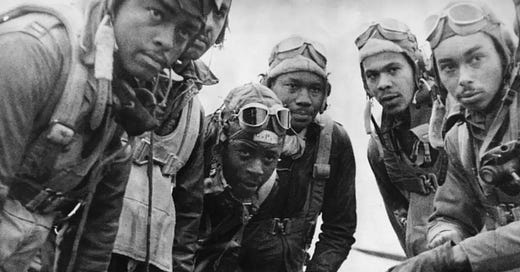Chris Wallace’s MasterClass in Willful White Ignorance
Wallace’s interview with Nikole Hannah-Jones put white America’s denial of the country’s racist history on full display
Keep reading with a 7-day free trial
Subscribe to The Journeyman. to keep reading this post and get 7 days of free access to the full post archives.




